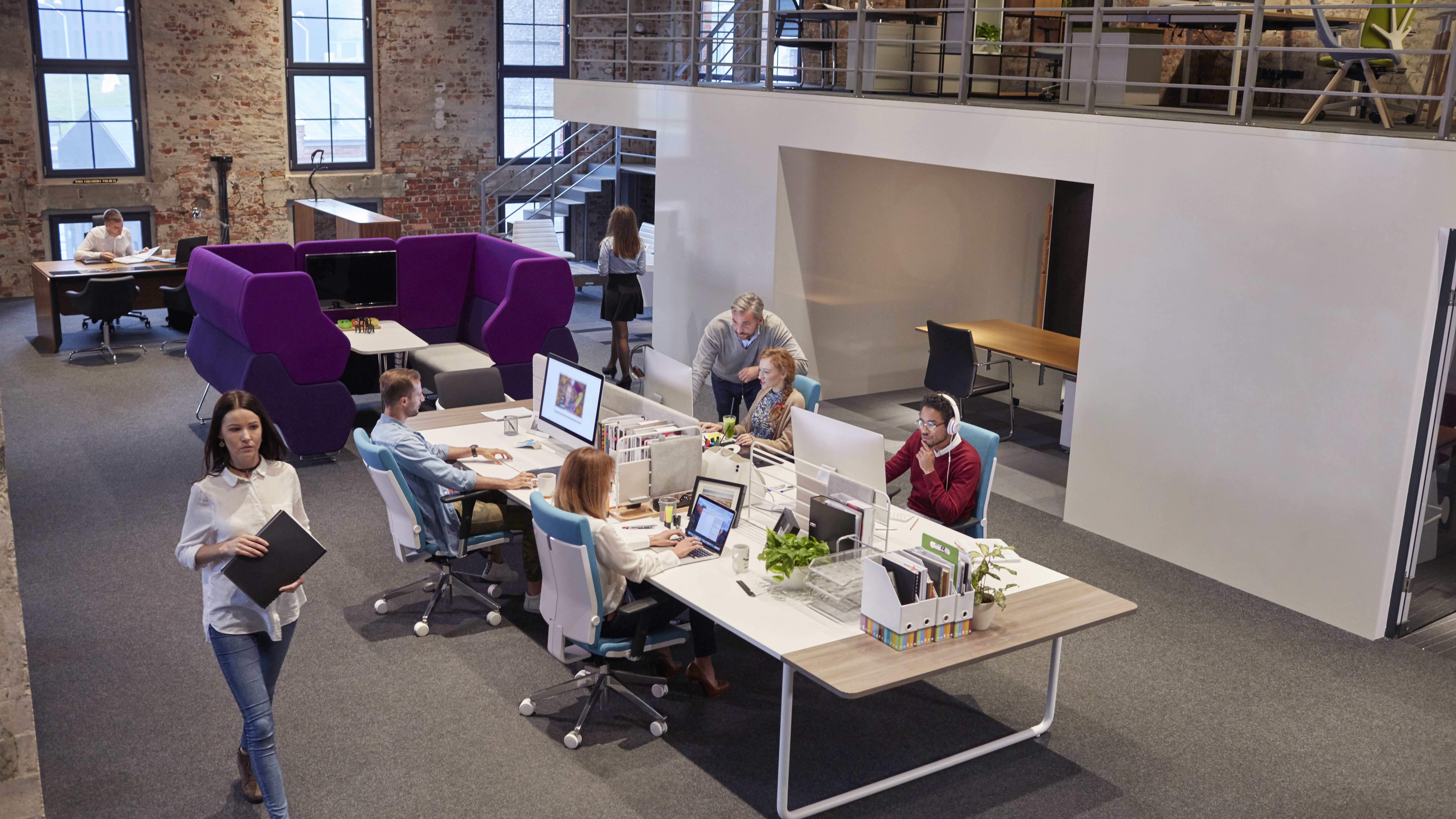03:08

Defending huge payouts to the office-sharing giant's founder Adam Neumann, WeWork's new executive chairman said there was "zero risk of the company going bankrupt." That's according to a recording of a meeting which Marcelo Claure held with employees the day after WeWork's largest shareholder, SoftBank Group, provided a 9.5-billion-dollar lifeline and took over the company.
The funding includes payments to Neumann to give up control of the company. Claure said Neumann was like any shareholder with the right to sell his stake. Neumann could sell his shares for as much as 970 million U.S. dollars. That's as part of an offer in which SoftBank will buy up to 3 billion U.S. dollars in outstanding WeWork shares. Neumann currently owns a little over one-fifth of WeWork.
Chen Jiahe, chief strategist at Cinda Securities, said that WeWork's failed IPO was forcing investors to rethink the co-working space business model, but he does not think it has a problem as a business model. "The business model is very great. I have been to the office of WeWork in Beijing and Shanghai. It is great there with many young people in the office. I cannot really understand why such an office model can be unprofitable," said Chen.
Chen also deemed capital overflow as a reason behind this problem. "They do not care about profitability, they care about expansion. If you only care about profitability, you will be driven out of the market, so that is a problem of the industry right now. But I think it is a good industry and business model."
In related news, research shows that 33 percent of today's workforce is comprised of independent or freelance professionals. Many of these individuals work from home. But a growing percentage finds co-working space attractive. A typical co-working space has on average around 80 members, working at 70 desks spread over an area of around 800 square meters.
Co-working space typically includes all the features of a conventional office, such as desks, collaborative areas and meeting rooms. They can even include amenities such as kitchens and break rooms.
WeWork's troubles forces us to look at its main competitor in China: UCommune. Chen said, "I read some reports from UCommune. Maybe it is not just renting office. But to me it is very similar to WeWork. They are trying to tell us the difference, but in fact the business model is really similar."

Experts estimate that over 2,100 new co-working spaces were launched worldwide in 2018 – 1,000 in the U.S. alone. This year, forecasts project that at least another 1,600 spaces will opened around the world. By 2022, there will be an estimated 26,000 co-working spaces worldwide. Many co-workers find value in being part of a community of like-minded professionals. For the time being, it is freelancers and small businesses that are the predominant users of co-working spaces.